Chinese President Xi Jinping & his US counterpart Joe Biden attempt to ease tensions in bilateral relations in their first virtual meeting
Wed 17 Nov 2021, 10:45:58
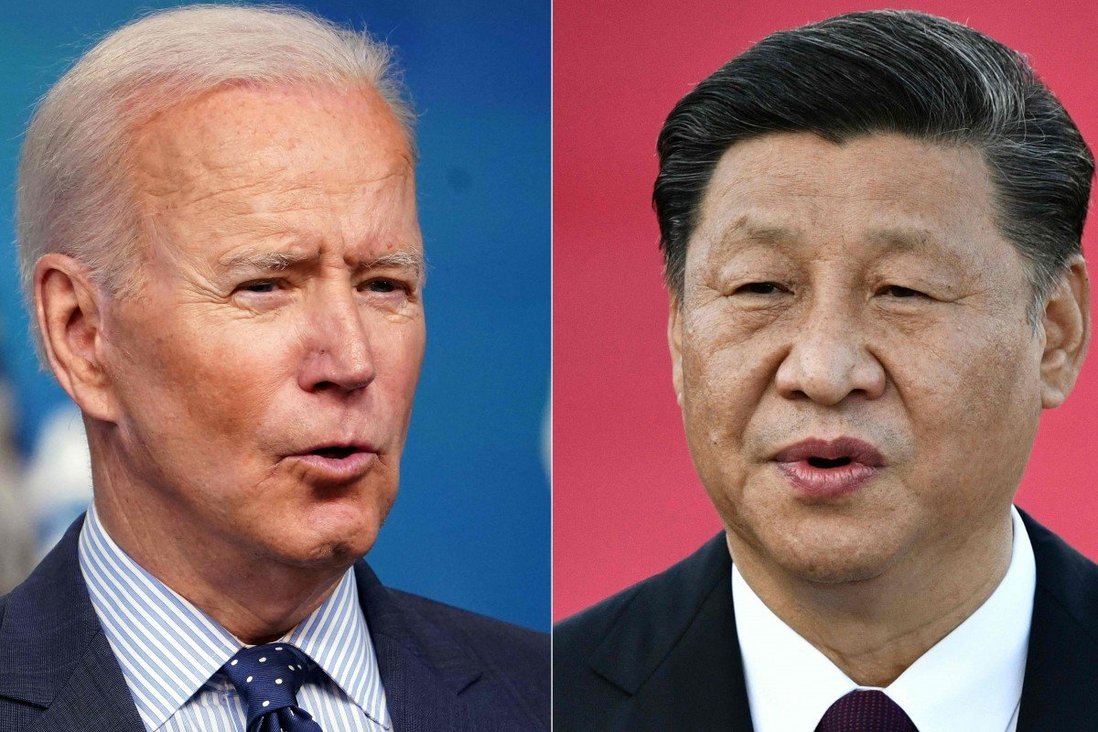
Washington/Beijing: Chinese President Xi Jinping and his US counterpart Joe Biden in their first face to face virtual meeting yesterday attempted to ease the tensions in the bilateral relations amid straight talk and strong words on some contentious issues including Taiwan, Indo-Pacific and trade issues.
In a much-awaited virtual summit that lasted for more than three hours, both the leaders tried to emphasize on their personal relationship and tried to find ways to work with each other and avoiding conflict and jointly responding to global challenges such as climate change and energy security.
According to a White House press statement, President Biden told his Chinese counterpart of the continued determination of the United States to ensure a free and open Indo-Pacific region. Biden reiterated the importance of freedom of navigation and safe overflight to the region’s prosperity, the readout said.
They also traded strong warnings on the future of Taiwan, with President Xi saying that those backing Taiwan were “playing with fire”. The White House readout reiterated the longstanding US policy that does not recognize Taiwan’s independence but supports the defense of the island.
President Joe Biden said the US remains committed to the one China policy but strongly opposes unilateral efforts to change the status quo or undermine peace and stability across the
Taiwan Strait. The meeting was held against the backdrop of deteriorating relations and mounting tensions between the US and China. According to White House readout, Biden had raised concerns about human rights, including the situation in Xinjiang, Tibet and Hong Kong, China’s unfair trade practices and its aggressive behaviour across the Indo-Pacific.
Taiwan Strait. The meeting was held against the backdrop of deteriorating relations and mounting tensions between the US and China. According to White House readout, Biden had raised concerns about human rights, including the situation in Xinjiang, Tibet and Hong Kong, China’s unfair trade practices and its aggressive behaviour across the Indo-Pacific.
Much awaited meeting was held at a time when the US and China had just concluded an agreement at the COP26, met at the G20 and the APEC summit. Both the leaders tried to find ways to work with each other and avoid conflict and jointly respond to global challenges such as climate change and energy security but stuck to hardline positions on thorny issues like Taiwan and Indo-Pacific.
Chinese experts said it sent a strong signal to the world that the US and Chinese leaders are looking for ways to stabilize their relations. but they don't expect this one summit could bring the relations back on track. At the best it can stop the downward spiral in the relations. high-level diplomats of both sides have been instructed to meet again to discuss trade, climate change, global governance and many other issues, including Afghanistan and other geopolitical issues. Experts believe that this summit will also stabilize China’s relation with neighboring countries, with India, with South Asia and even across Taiwan strait.
No Comments For This Post, Be first to write a Comment.
Most viewed from International
Most viewed from World
AIMIM News
Latest Urdu News
Most Viewed
May 26, 2020
Do you think Canada-India relations will improve under New PM Mark Carney?
Latest Videos View All
Like Us
Home
About Us
Advertise With Us
All Polls
Epaper Archives
Privacy Policy
Contact Us
Download Etemaad App
© 2025 Etemaad Daily News, All Rights Reserved.


.jpg)


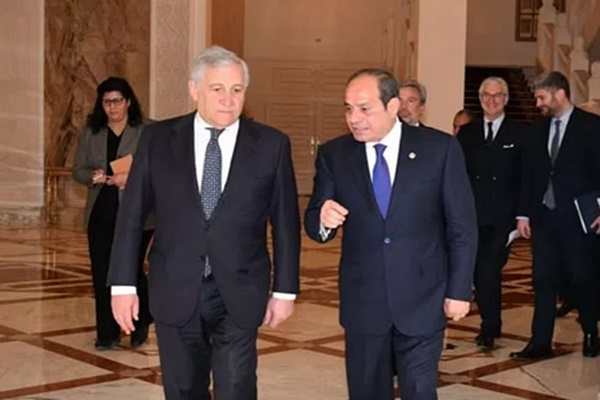
.jpg)
.jpg)
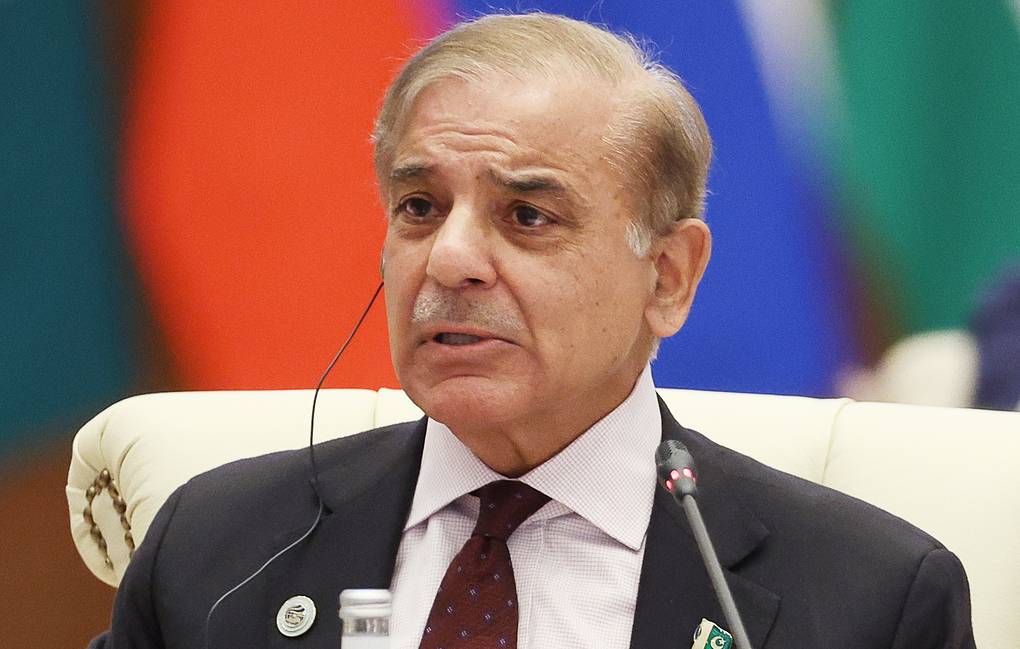

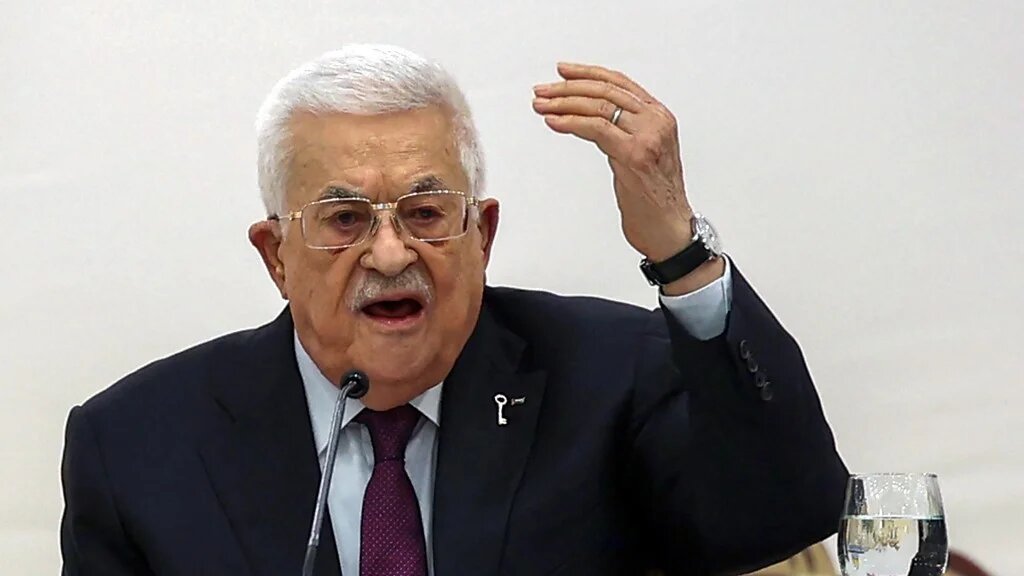
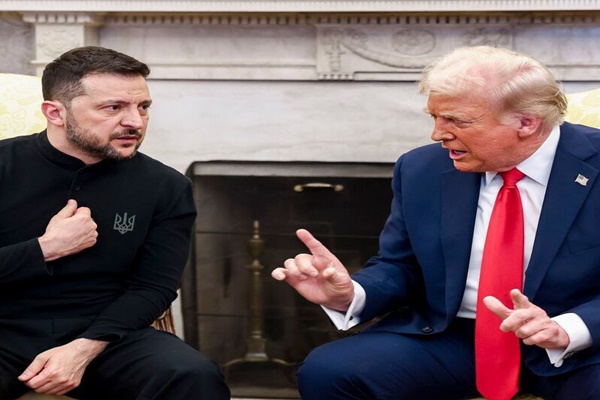
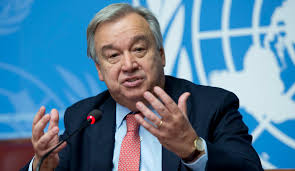


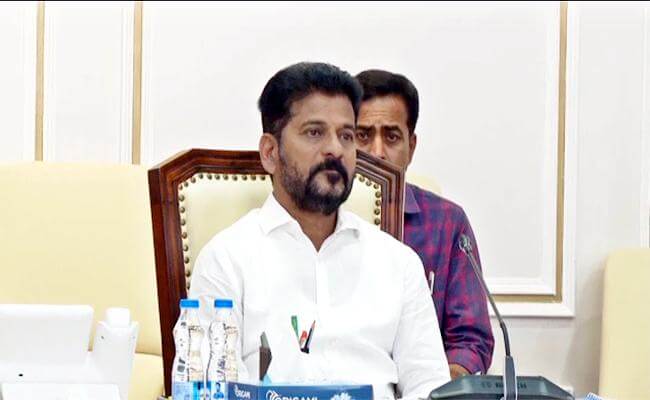
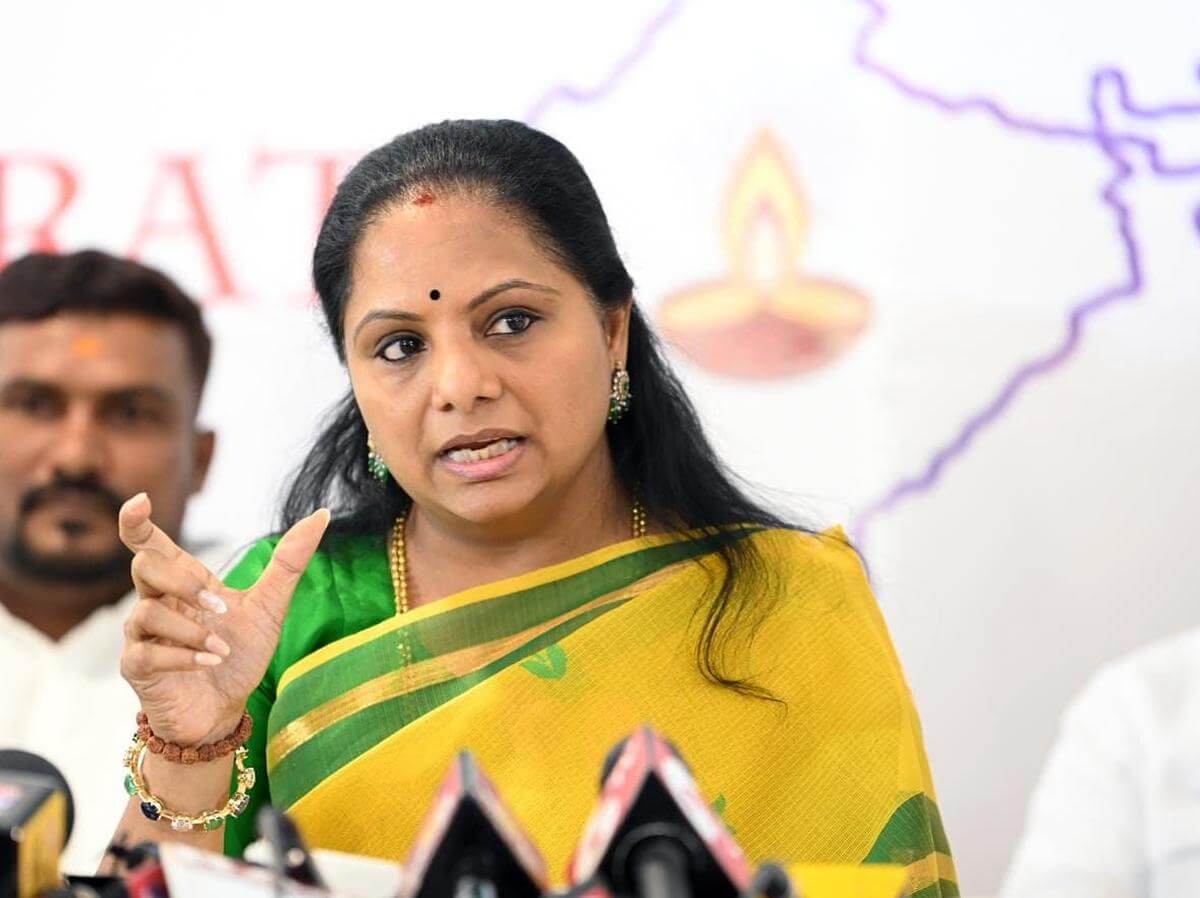



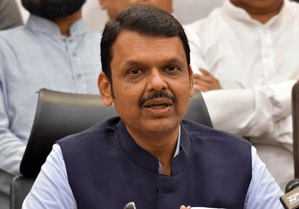

.jpg)
.jpg)
.jpg)

















